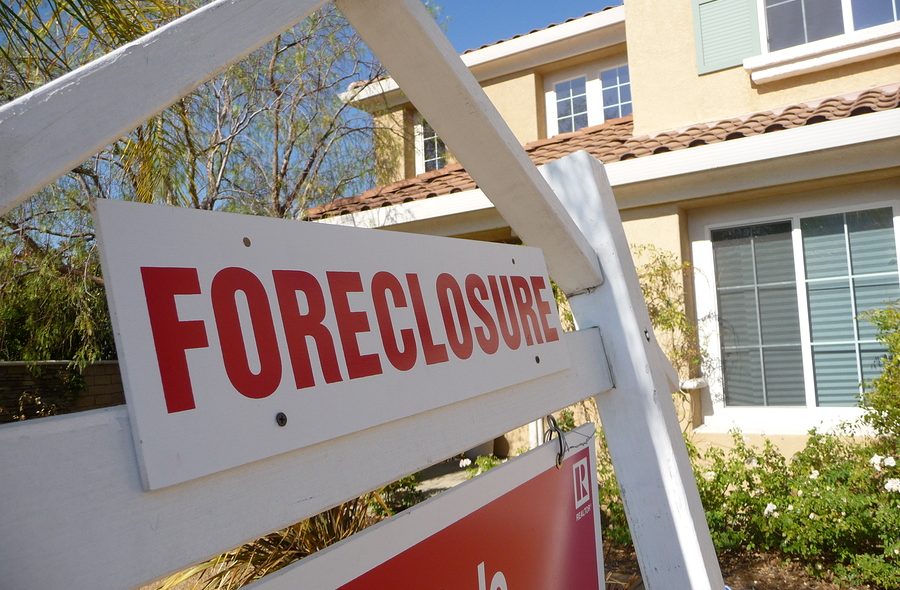Student loans are a problem for many Americans, but recent loan statistics show just how serious the problem is. More than one million student loan borrowers reportedly go into default on their loan obligations every year, surpassing auto loans and credit card debt.
In fact, the amount of student loan debt Americans carry has tripled in size over the last decade and is now over $1.5 trillion.
Default occurs when a borrower has not made a payment on their loans in over a year, thus triggering the debt being sent to a third-party debt collector.
Why are so many borrowers defaulting on their loans? For many of them, continuing to make the payments has become not feasible. Because of this, it is estimated that approximately 40 percent of borrowers are expected to default on their student loan obligations by the year 2023.
According to a report from the Urban Institute, a progressive Washington, D.C., think tank, within four years after graduating or leaving school, approximately one-fourth of all borrowers have defaulted.
Borrowers who end up defaulting on their loan obligations are less likely to carry some type of debt that requires a risk assessment, like a mortgage or credit card, but they are more likely to have medical bills or utility bills that end up being sent to collections. All these additional debt obligations can put added pressure on the borrower, and for this reason, many of the borrowers will put the student loan payments dead last next to other obligations.
Those who defaulted on their student loan obligations were found to live in an area where the median income was $50,000. Those who did not default on their loan obligations typically lived in areas where the average income was around $60,000.
The report further showed that the amount of the loan balance did not seem to matter. Even those who carried a small loan balance still struggled to pay off their debt.
What happens to a borrower’s loan when it goes into default?
As soon as someone’s student loan goes into default, their credit score will take a hit of approximately 60 points, dropping the average defaulter’s score to 550, which is a “poor” score. If the borrower stays current, the average credit score has been in the high 600s.
If the case ends up going into collections, the borrowers find themselves in the danger zone of receiving a judgment against them and wage garnishment. Collections judgments and wage garnishments can be extremely difficult to shake in bankruptcy cases, which can make the situation even worse if the borrower falls into a dire financial situation.
If someone finds himself or herself not able to make student loan payments, the first recommendation is to contact the student loan servicer. Many of these servicers will work with borrowers on payment plans that are capped at a monthly payment based on a percentage of the borrower’s income. The borrower can request the loan be put in forbearance, which temporarily postpones payment of the debt- however, the interest on the loan will continue to accrue. If the loans are in default, contact the loan servicer to see what can be done to get the account in good standing. The worst thing that a borrower can do is to ignore the loan payment requests.
Click here to read more on this story.
For borrowers who are struggling with student loan debt, relief options are available. Many student loan borrowers are unaware that they have rights and repayment options available to them, such as postponement of loan payments, reduction of payments or even a complete discharge of the debt. There are ways to file for bankruptcy with student loan debt. It is important you contact an experienced Miami bankruptcy attorney who can advise you of all your options. As an experienced CPA as well as a proven bankruptcy lawyer, Timothy Kingcade knows how to help clients take full advantage of the bankruptcy laws to protect their assets and get successful results. Since 1996 Kingcade Garcia McMaken has been helping people from all walks of life build a better tomorrow. Our attorneys help thousands of people every year take advantage of their rights under bankruptcy protection to restart, rebuild and recover. The day you hire our firm, we will contact your creditors to stop the harassment. You can also find useful consumer information on the Kingcade Garcia McMaken website at www.miamibankruptcy.com.

